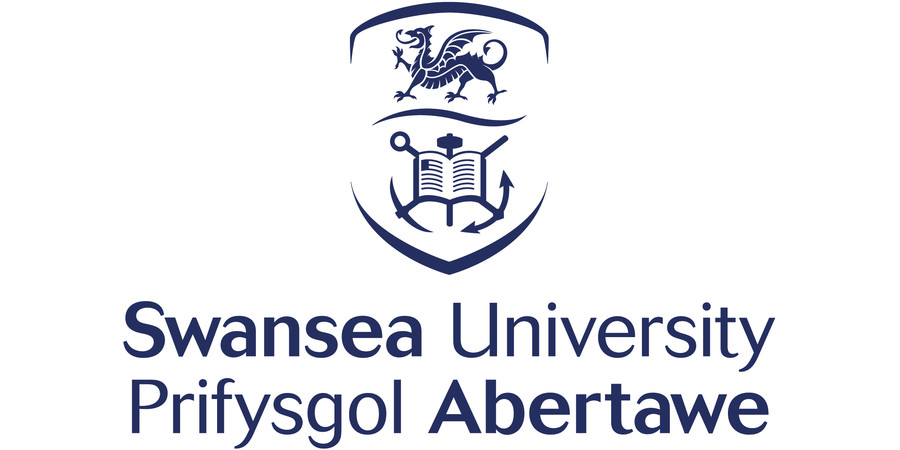Fully Funded PhD Studentship Corvids Calling: Understanding The Origins of Complex Communication
Swansea University - Animal Behaviour
| Qualification Type: | PhD |
|---|---|
| Location: | Swansea |
| Funding for: | UK Students, EU Students, International Students |
| Funding amount: | £19,237 Funding covers tuition fees, a stipend (£19,237 p/a in 2024/25) plus an allowance for research/training costs, fieldwork, conference attendance and a 3-month placement. |
| Hours: | Full Time, Part Time |
| Placed On: | 27th November 2024 |
|---|---|
| Closes: | 11th December 2024 |
| Reference: | RS721 |
Funding provider(s): BBSRC (50% BBSRC, 50% faculty)
Subject area(s): Animal Behaviour and In Vivo Studies, Agriculture and the Environment
Project start date(s)
- 1 October 2025 (Enrolment open from mid-September)
Supervisors:
Prof Alex Thornton (Exeter)
Dr Andrew King (Swansea)
Dr Neeltje Boogert (Exeter)
Dr Ines Fürtbauer (Swansea)
Aligned programme of study: Integrated PhD programme (BBSRC DTP)
Mode of study: Full-time or Part-time, or alternatively, Full or Part-time study is possible.
Project description:
Applications must be made to the University of Exeter.
Animals have diverse acoustic communication systems, from the chirping of crickets to the almost infinite complexity of human language, and these systems play a vital role in enabling cooperation and structuring societies. Most attempts to understand the causes of this variation use between-species comparisons. These have examined, for instance, whether social or ecological variables predict characteristics of communication systems, such as whether vocalisations are individually distinctive, or the number of different vocalisations used.
However, these comparative, correlational approaches tell us little about the benefits individuals derive from communication and ignore the possibility that benefits vary across different contexts. An alternative, more powerful approach is to harness within-species variation to understand how and why individuals use different signals to solve diverse challenges. Jackdaws, birds of the large-brained corvid family, provide an ideal system as they live in highly variable social environments, some of their calls are known to be individually distinctive, and they use vocalisations to solve diverse problems. Jackdaw societies centre around long-term, monogamous pairbonds, but pairs are embedded in dynamic social networks within breeding colonies and members of different colonies forage together and form vast winter flocks numbering thousands of individuals.
Our established study sites contain thousands of individually recognisable, PIT-tagged jackdaws, providing unique opportunities to understand the development and function of vocal communication across these diverse contexts. Using a combination of behavioural observations, field experiments, sound recordings and analysis, cutting-edge social network approaches and Artificial Intelligence the PhD will:
- Establish the determinants of vocal repertoires across different contexts (e.g. parental care; foraging; roosting). Using machine learning to categorise call types you will test the prediction that ecological contexts involving a wider range of tasks favour greater repertoires.
- Determine the development of vocal individuality within and across contexts: longitudinal monitoring will reveal how morphological and developmental influences shape the emergence of distinctive voices.
- Test the function of individuality. Using playbacks, you will establish the value of signalling individual identity in negotiating and coordinating different actions involving a diverse number and composition of partners.
- Determine how communication structures societies. Using experiments to manipulate the vocal landscape and resource availability you will test how the vocal landscape shapes the structure of social networks.
Bringing together the supervisory team’s expertise in cognition and communication, collective behaviour and artificial intelligence, this PhD will help transform our understanding of how and why diverse communication systems arise in the natural world.
Eligibility:
Please click on this link for eligibility details
Please note that the programme requires some applicants to hold ATAS clearance; further details on ATAS scheme eligibility are available on the UK Government website.
ATAS clearance IS NOT required to be held as part of the scholarship application process. Successful award winners (as appropriate) are provided with details as to how to apply for ATAS clearance.
Advert information
Type / Role:
Subject Area(s):
Location(s):









